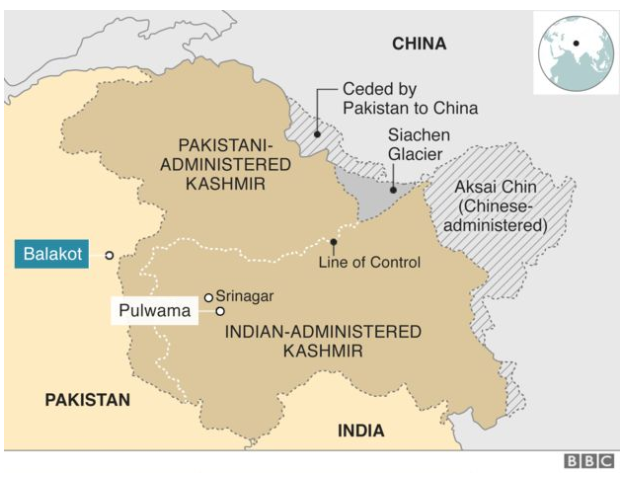EXECUTIVE SUMMARY
The air strikes launched by the Indian Air Force on Jaba Top in Balakot, in the Khyber Pakhtunkhwa province of Pakistan, have raised the stakes in the escalation of conflict between the two nuclear-armed neighbours in South Asia. The stock market reaction on the morning of February 26 was negative with the Nifty-50 down nearly 146 points (1.3%), but thereafter it recovered to close at 10,835, only 45 points down (0.4%) from the previous close. The central issue for the Indian market remains whether this will result in another war or a military retaliation by Pakistan as India targeted a venue in Pakistan proper and outside Pakistan-administered Kashmir (PAK), unlike the earlier ‘surgical strike’ wherein Indian army units attacked a camp in PAK. A war will be prohibitively expensive for both countries, but more so for Pakistan. It would have a material impact on the fiscal deficits of both countries, and it is also unlikely that America would want an escalation of conflict in this heavily militarised region. Hence, while the Pakistani government may make appropriate noises to satisfy their public, their response may be non-military, through an escalation in low intensity conflict targeting the Indian military and para-military in Indian-administered Kashmir (IAK). Hence, while the casualties may rise, the possibility of another India-Pakistan war may be remote.
At the same time, there is an indirect fall-out of the present conflict. Since voters may perceive Prime Minister as a more credible war leader than his opponents, a war atmosphere may strengthen the prospects of the ruling party. If the market comes to this conclusion, the recent military strikes may in fact boost the market. However, that ‘war’ effect may wear off before the elections.














